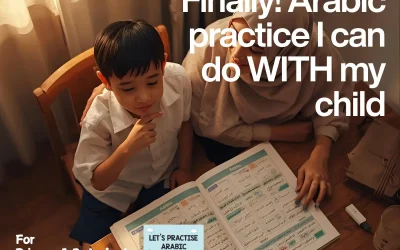Refer to a material published on 03 December 2020 on https://www.nature.com/ Link to original article : https://www.nature.com/articles/s41587-020-00758-7 Following is a brief summary:
The art of virtual mentoring in the twenty-first century for STEM majors and beyond
Social quarantine has severely impacted the training of new scientists, but the use of virtual platforms can supplement mentorship, making career development seamless.
What is virtual mentoring?
Virtual mentoring enables the exchange of information through the use of one or more digital platforms.
| Zoom | – | Audio and video call application |
| Skype | – | Audio and video call application |
| Trello | – | Project management tool |
| Slack | – | Collaboration software |
| BlueJeans | – | Video conferencing application |
| – | Social media platform | |
| – | Social media platform | |
| – | Messaging app | |
| – | Messaging app | |
| – | Messaging app | |
| LINE | – | Messaging app |
| KAIKO talk | – | Messaging app |
Pros
- Flexible and time-efficient
- Less judgmental form of communication
- Meetings can be recorded (obtain permission)
- Chat feature for general and direct messages
- Allows for useful multitasking and immediate information sharing Partaking in virtual meetings may intimidate participants, especially those who are shy
- Meeting participants are not limited by physical distance
- Accurate automated written transcription
Cons
- Requires stable internet connection and a working electronic device
- Lack confidentiality (see Zoom bombing)
- Virtual meetings may not capture the ambience of in-person meetings
- Participants may experience discomfort sharing their surrounding environment
Facilitating virtual mentoring sessions
- Setting up the virtual mentoring space
- Agenda
- Tell stories of failure before success
- Build your team
- Ask about their well-being
- End the meeting
How long and how often?
Holding frequent meetings allows mentors to reassure their trainees and demonstrate that mentors care about the well-being and success of their trainees.
For details please visit : https://www.nature.com/articles/s41587-020-00758-7
The article focuses on virtual mentoring, but this helps in making one further think and apply modern technology in their business, organizations, and even educational institutions like schools and tuition centers.




